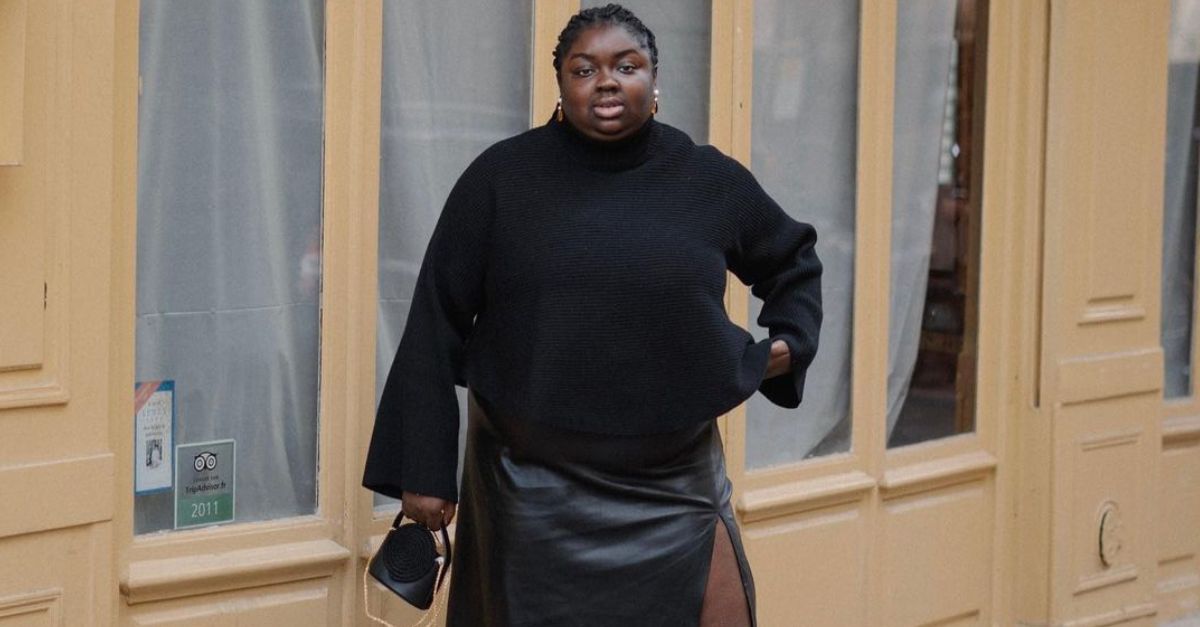Push the limits.
That’s the mantra of Ken Kunken, who in 1970 became a quadriplegic after suffering a devastating football injury while playing for Cornell University, where he had studied engineering.
At the time, Kunken saw his bright future dimming as he tried to overcome the physical restrictions that he would from that day forward navigate from a wheelchair. Answers about his future weren’t easy to come by. Love, a fulfilling career–none of that seemed possible to an increasingly depressed Kunken.
Little did he know that he would excel in ways he couldn’t imagine possible, including a 40-year-plus career at the Nassau County District Attorney’s Office, first as an assistant district attorney, then as a deputy bureau chief of the County Court Trial Bureau. Or that he would fall in love, marry and raise triplet boys with his wife, Anna.
Since his spinal-cord injury, Kunken has been pushing limits even when he wasn’t sure of the future outcome. It’s the topic of his book “I Dream of Things That Never Were,” recently published by Twelve Tables Press.
“I didn’t know of that many role models,” Kunken said from his home in Rockville Centre, speaking of other quadriplegics. Before the accident, “I didn’t know someone in a wheelchair who was super-productive.”
His spinal injury occurred 20 years before the Americans with Disabilities Act, which when signed into law was designed to protect the rights of disabled people. Now, there are 61 million (one in four) Americans, who have a disability that impacts major life activities, according to the U.S. Centers for Disease Control and Prevention.
To anyone working to overcome obstacles, Kunken has a message: You never know what’s possible. But it takes work, including self-advocacy, developing a support system, becoming strategic and doubling down on strengths.

“I doubted my ability every step of the way, but I just felt I had to try,” Kunken said, adding that he saw no other choice but to push forward. “I had incredible support from my family, friends and grandparents. They believed I could do whatever I set my mind to. They said they will act as my arms and legs. I had so many people pulling for me I couldn’t let them down. When all these people were working for me, I felt I had to push myself. I thought, ‘It doesn’t matter if no one has done it before. I’ll do it now.’ I had a lot of help every step of the way.”
Kunken learned quickly the importance of self-advocacy.
“I was hurt 53 years ago–it seemed to me that doctors and nurses didn’t want to answer questions,” he said. “The less the patient knew the better, in every hospital I was in. With my neck injury, I was suddenly treated like I don’t have a brain.” When doctors would ask a family member “How is Ken feeling?” Kunken found himself looking to see what the answer was, rather than chime in himself.
“I got so accustomed to it,” he said. Yet “the doctors should have known better. I had to speak up more on my own…. It wasn’t easy for me. I didn’t like speaking up. But I needed to know things. I became a lot more outgoing out of necessity.”
Kunken, from his wheelchair, would redefine what was possible. Despite reading a discouraging pamphlet that said someone with his injury might find a level of success selling magazine subscriptions by phone, he returned to Cornell to complete his bachelor of science degree in engineering, and a master of arts degree in education. He went on to earn a master of education degree in psychology from Columbia University, and ultimately a juris doctor degree from the law school now known as Maurice A. Deane School of Law at Hofstra University. At these campuses and their communities, there were buildings without ramps or working elevators, sidewalks without curb cuts, but things began to change, Kunken said, as he advocated for progress and as he, in his wheelchair, became a familiar presence.
Building his law career, he took some pointers from his brother Stephen Kunken, also an attorney, and recognized that the DA’s office and the courts were all in close proximity, making it easy to navigate. After an internship there, Ken Kunken was hired under District Attorney Dennis Dillon.
Advocacy is built into the curriculum for students with severe disabilities who attend Albertson-based The Viscardi Center, said Kim Brussell, the organization’s senior vice president of public affairs and marketing.
By participating in the school’s student council, students “develop leadership opportunities and leadership skills,” learning to speak up about challenges, she said.

Serving as ambassadors and from the student council, students visit local schools and colleges to talk with other young people about what it’s like to have a disability. Often, they find they “are more alike than different. They watch the same shows and listen to the same music,” Brussell said.
Students are also taught independent living skills so that if they are going off to college they can plan menus, go shopping and engage in other activities, she said.
And at Viscardi’s medical suite, students who may need daily high-level medical care–such as tube-feeding, oxygen checks or catheterization–learn to do the procedures themselves, or if they can’t because of limitations, are taught how to instruct someone else to help.
Viscardi touts its graduates, including Judge Robert Pipia, from the Nassau County District Court. It also recognizes role models around the world through the annual Henry Viscardi Achievement Awards, which has honored more than 100 people in 20 different countries, helping to make these influencers more visible, Brussell said.
Kunken had worked at the center’s Abilities division as a vocation and rehabilitation counselor before leaving for law school. He’s now a board of director member of both Abilities and The Viscardi Center.

Having retired from the DA’s office, Kunken serves as a consultant there, training the less experienced ADAs.
He’s got a lot to teach them, pulling from his own experience. That includes quick-thinking.
For example, Kunken, who always prepared jury summations without notes because he found them too cumbersome, discovered early in his career that he was connecting with jurors, especially through eye contact. But he was concerned that he would panic and draw a blank when it was time to speak. He needed something in front of him as a prompt.
He brought a pad with one word on it: “Confidence.”
Life, he says, is satisfying.
“I couldn’t be happier,” he said. “We have three boys in college. They’re all doing well.”
[email protected]


























































![Mason Ramsey – Twang [Official Music Video] Mason Ramsey – Twang [Official Music Video]](https://i.ytimg.com/vi/xwe8F_AhLY0/maxresdefault.jpg)





















